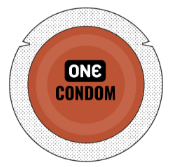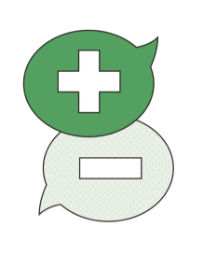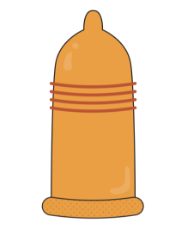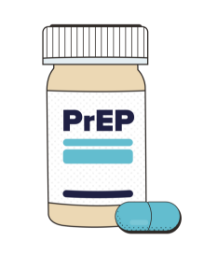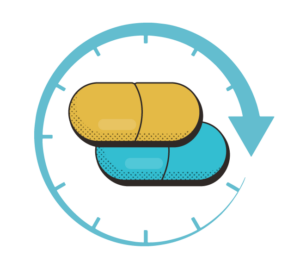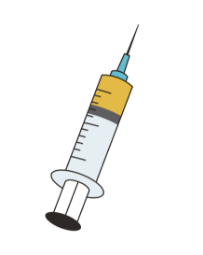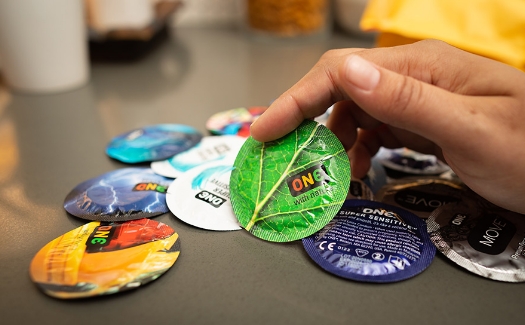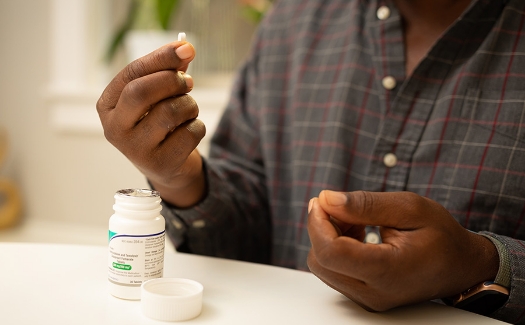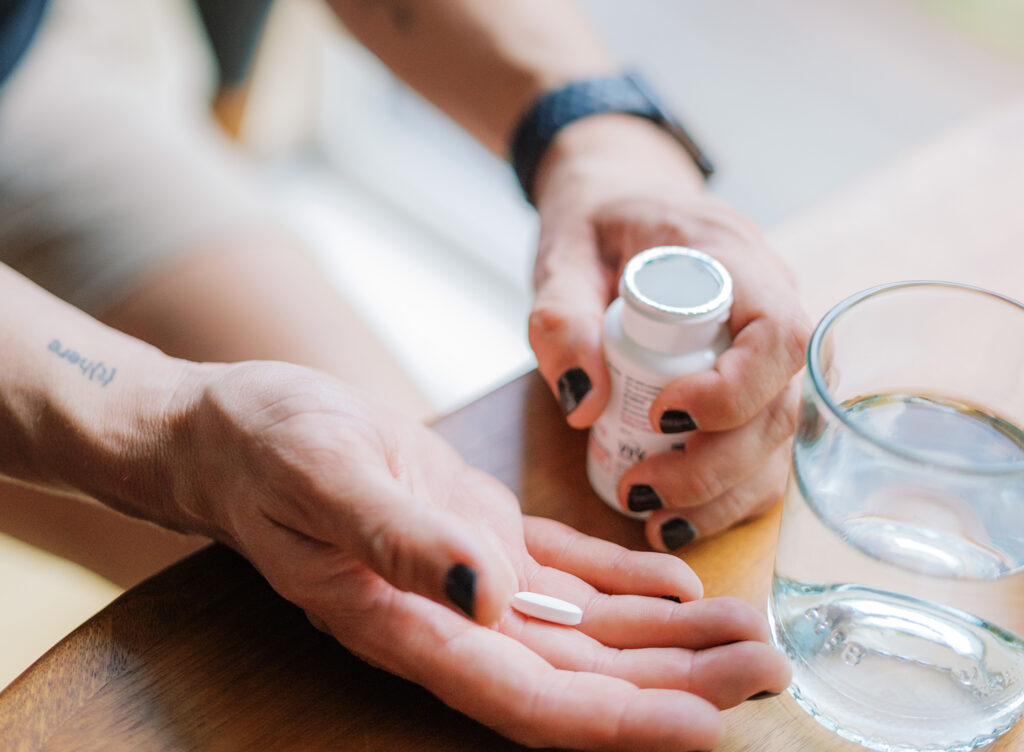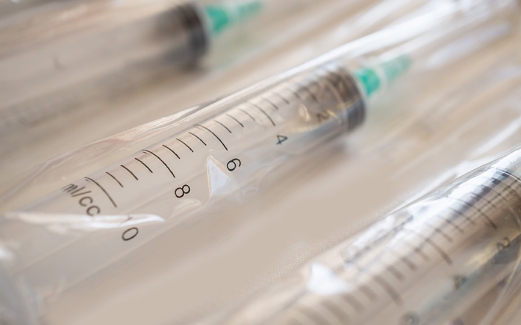Sharing works (injection equipment) puts people at high risk of getting and spreading HIV and hepatitis C. Safer injecting is a harm reduction technique for people who inject drugs that reduces the risk of HIV, hepatitis C, and other infections as well as reducing the risk of overdose. These practices include using sterile syringes and avoiding sharing or re-using any injection equipment.
Oregon has free syringe exchange programs throughout the state that offer services and supplies including:
- Safe disposal of used syringes
- Sterile needles and syringes and other injection equipment (cottons, cookers, etc.)
- Wound care
- Condoms, lube, and other safer sex supplies
- HIV and hepatitis C testing
- Information about safer injecting technique
- Narcan (Naloxone), a medication to reverse opioid overdose
- Fentanyl test strips
- Help to quit using when you’re ready
There are multiple online resources for finding syringe exchanges and other harm reduction services near you, including NASEN and 211. Rose City Resource provides information for Multnomah, Clackamas, and Washington counties only. You can also reach out to your local public health authority for more information about syringe exchange and overdose prevention services in your area.
NASEN  211
211  Rose City Resource
Rose City Resource 




